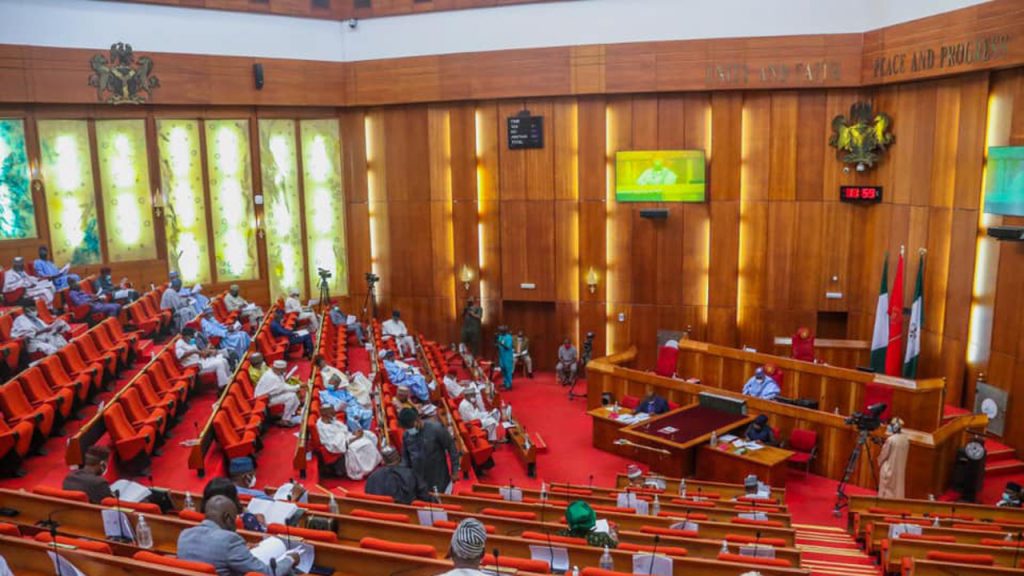Seeks urgent action on gender inclusion
Women occupy just 4.5 per cent of seats in the 10th National Assembly, a stark indicator of the persistent gender imbalance across leadership structures in the country.
The figure, 21 out of 469 legislators, is among the lowest in Africa and falls far below the global average of 27.2 per cent.
This data forms part of the findings from the inaugural state of Women’s Leadership in Nigeria Report released by Women In Leadership Advancement Network (WILAN) Global, which also marked the formal launch of the next phase of its MsRepresented advocacy campaign.
The campaign calls for at least 35 per cent female representation across public and private leadership spaces in line with the National Gender Policy.
The report, described as Nigeria’s most comprehensive overview of women’s participation in leadership, assessed representation across the 36 states and the Federal Capital Territory (FCT), the 50 most capitalised firms on the Nigerian Exchange (NGX), and key public sector institutions.
Its findings paint a sobering picture. Out of 48 federal ministers, only eight are women, while 10 of 34 presidential advisers are female. At the state level, women hold just 49 of 988 House of Assembly seats, less than five per cent.
The imbalance deepens at the local council level, where only 41 out of 811 chairperson positions nationwide are held by women.
Despite these figures, there are isolated cases of progress. Kwara State leads with 46 per cent of women in its cabinet, exceeding the national benchmark. Ekiti, Oyo, Taraba, Anambra, and Kaduna states also record more balanced gender representation, though the majority of states still lag far behind.
The judiciary remains one of Nigeria’s most gender-inclusive institutions. Fifteen states currently have female Chief Judges, and notably, the Chief Justice of Nigeria (CJN) is a woman. At both the Supreme Court and Court of Appeal, women occupy nearly one-third of the seats, which is evidence that structured, merit-based systems enable advancement.
However, progress is uneven across sectors. In the private sector, women hold 31 per cent of board seats across the 50 largest firms on the NGX, but only five firms have women as board chairpersons. The financial services industry leads this shift, driven by Central Bank regulations promoting diversity, while the oil and gas, technology, and utilities sectors continue to lag.
In education and healthcare, women dominate the workforce, yet remain scarce in executive roles. More than half of secondary school teachers and most frontline health workers are women, but only 12 of 270 university vice-chancellors are female, a stark reflection of the “XX paradox,” where women deliver most of the work but rarely influence policy decisions.
Meanwhile, Founder and Executive Director of WILAN Global Abosede George-Ogan, who spoke on the report, decried the slow pace of progress despite decades of political promises.
“Every administration promises inclusion, but as Nigerians, we are no longer inspired by promises; we want evidence. Women are almost half the population, but still struggle to get 35 per cent of leadership positions. Nigeria cannot achieve sustainable development and economic growth without women in decision-making. This report is not just research; it is a call to accountability and national urgency.”
Also, a board member of WILAN Global, Nafisa Atiku-Adejuwon, reinforced the need for measurable outcomes, stressing that inclusion must go beyond rhetoric.
“The data is clear. Women are not underperforming; they are under-represented. Nations that prioritise gender-balanced leadership are more prosperous and stable. This report gives leaders a benchmark. From here, progress must be intentional, visible, and measurable.”

